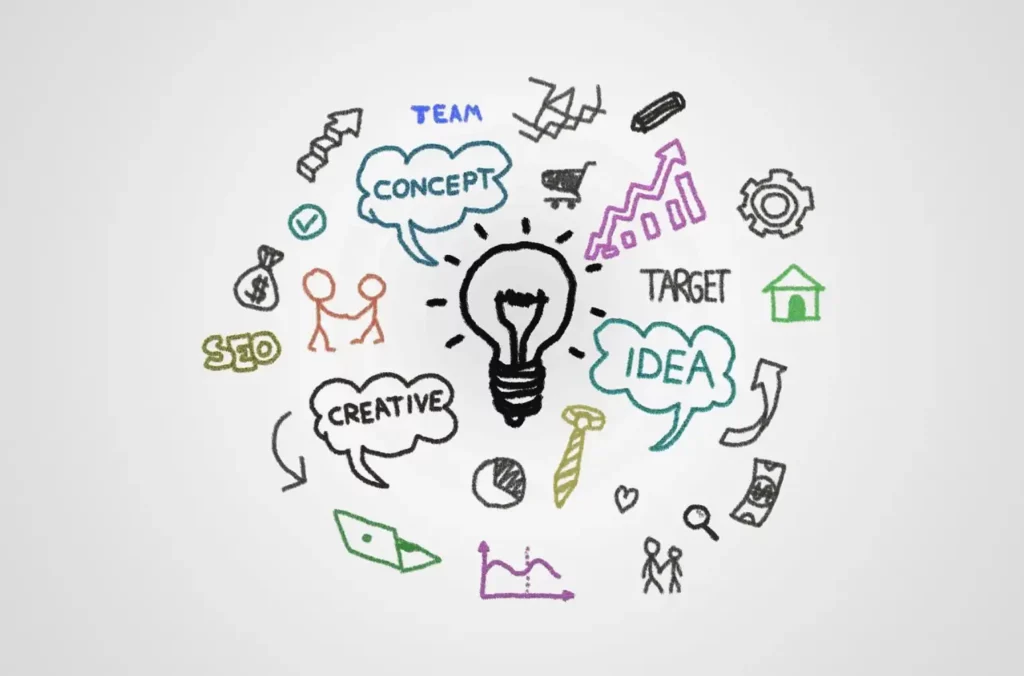
In the rapidly evolving business landscape, a critical element underpinning the success of any enterprise is the power of decision-making. The right decisions can catapult a business to unimaginable heights, while poor ones can precipitate its downfall. In the United States alone, businesses lose an estimated $1.9 trillion annually due to poor decision-making. It’s clear that businesses, irrespective of their size or industry, are faced with the challenge of making effective decisions under uncertainty.
The crux of the problem often lies in the complexity of the issues at hand, the sheer volume of data to be analyzed, and the complexity of predicting market trends. It’s a tall order, indeed, but one that can be mitigated with the right tools, skills, and knowledge — the sort gained through comprehensive education.
The Role of Decision-Making in Business Success
The art of decision-making in business is the invisible link that binds all aspects of a company’s operations together. It’s not just about choosing between option A or B; it’s about weighing the impact of that choice on your company’s financial health, customer satisfaction, and market position. An effective decision could mean the difference between sustainable growth and stagnation, innovation and outdated technology, and profitability and loss.
Why Education Matters in Business Decision Making
In this context, education emerges as a powerful ally. The structured learning provided by a comprehensive business education program equips you with the tools needed to analyze complex problems, assess potential impacts, and make informed decisions. A prime example is an MBA in finance. Such a program provides a deep understanding of financial markets, operational strategy, and economic trends, enabling a holistic understanding of business operations — a strong foundation for effective decision-making.
Fundamentals of Sound Decision Making
To enhance your decision-making skills, there are several key steps that you can follow.
-
Understanding the Problem
First and foremost, the problem at hand must be understood clearly and completely. What might seem like a surface issue could actually be an indication of a deeper problem. Dig in and examine the issue from all angles.
-
Gathering Relevant Information
With a clear understanding of the problem, the next step is data gathering. It can range from gathering financial records and customer feedback to competitor analysis and market trends. A closer look at the numbers will give you a clearer picture of what you’re dealing with.
-
Evaluating Alternatives
Once armed with the right information, you can start brainstorming potential solutions. Evaluate each solution not just for its ability to solve the problem but also for its impact on other aspects of the business.
-
Making the Decision
At this point, you can make an informed decision based on your analysis. But remember, the best decision isn’t always the easiest or most obvious one. It’s the one that aligns most closely with your business goals and values.
-
Reviewing the Decision
Lastly, review the decision and its outcomes. This isn’t about second-guessing yourself but rather learning from the process to refine your decision-making skills for the future.
These fundamental steps can help you mitigate risks, make more informed decisions, and steer your business in the right direction.
-
Incorporating Financial Acumen in Decision-Making
Sound decision-making relies heavily on in-depth financial knowledge. A thorough grasp of your business’s financial situation can provide insight into the potential impacts of your decisions, which can mean evaluating financial risks, predicting economic impacts, and assessing the potential return on investment. A business leader with strong financial acumen can better align decision-making with financial objectives, thereby improving the profitability and sustainability of the business.
The Power of Analytics in Business Decisions
Business decision-making today relies heavily on analytics as it can provide insights into customer behavior and sales trends to operational efficiency and market movements; analytics can transform raw data into actionable information. Using this will allow you to make more evidence-based and, thus, more informed decisions.
Consider the case of industry giants like Google and Amazon. Their success in today’s competitive marketplace is largely rooted in their ability to leverage data analytics to inform decision-making. Their data-driven strategies allow them to anticipate market trends, understand consumer behavior, and make strategic decisions that drive growth and profitability.

Risk Management in Decision Making
Risk is an inevitable part of decision-making. However, with strategic risk management, you can make better-informed decisions and mitigate potential downsides.
-
Understanding Risk and Reward
Understanding the balance between risk and reward is a key aspect of decision-making. Each decision comes with its own set of potential risks and rewards, and understanding this balance can help you make decisions that maximize rewards while minimizing risks.
-
Risk Management Strategies
There are several strategies you can use to manage risk. These include diversification, where you spread your resources across various areas to reduce the impact of a single failure; hedging, where you counterbalance potential losses with equivalent gains; and insurance, where you transfer the risk to another entity. Implementing these strategies can help you navigate the uncertainties of the business world and make more confident decisions.
Ethical Considerations in Business Decision Making
Beyond the financial and strategic aspects, decision-making also involves ethical considerations. Every decision you make impacts not only your business but also your stakeholders — employees, customers, the community, and the environment. Therefore, ethical considerations should always be part of your decision-making process. Ethical decision-making can enhance your business’s reputation, promote customer loyalty, and contribute to a more sustainable business model.
Strengthening Your Decision-Making Skills
Just like any other skill, decision-making can be improved with practice and a commitment to learning.
-
Continuous Learning and Development
Continuous learning and development are key to enhancing your decision-making skills. This can be achieved through various means, such as attending workshops, participating in industry events, or enrolling in an advanced business program. These platforms provide exposure to new ideas, emerging trends, and innovative strategies that can inform your decision-making process.
-
Building a Decision-Making Framework
A personalized decision-making framework can streamline the process and ensure consistency. This framework might include steps like defining the problem, gathering and analyzing data, brainstorming solutions, making the decision, and reviewing the outcomes. Such a structured approach can reduce the uncertainty and stress associated with decision-making.
Conclusion
Better business decision-making is an attainable goal, one that requires commitment, ongoing learning, and strategic thinking. The more financial acumen you have, the closer you are to making the decisions that will drive your business’s success and growth. However, developing better decision-making skills is a continuous process, and each decision leads to greater business acumen.

